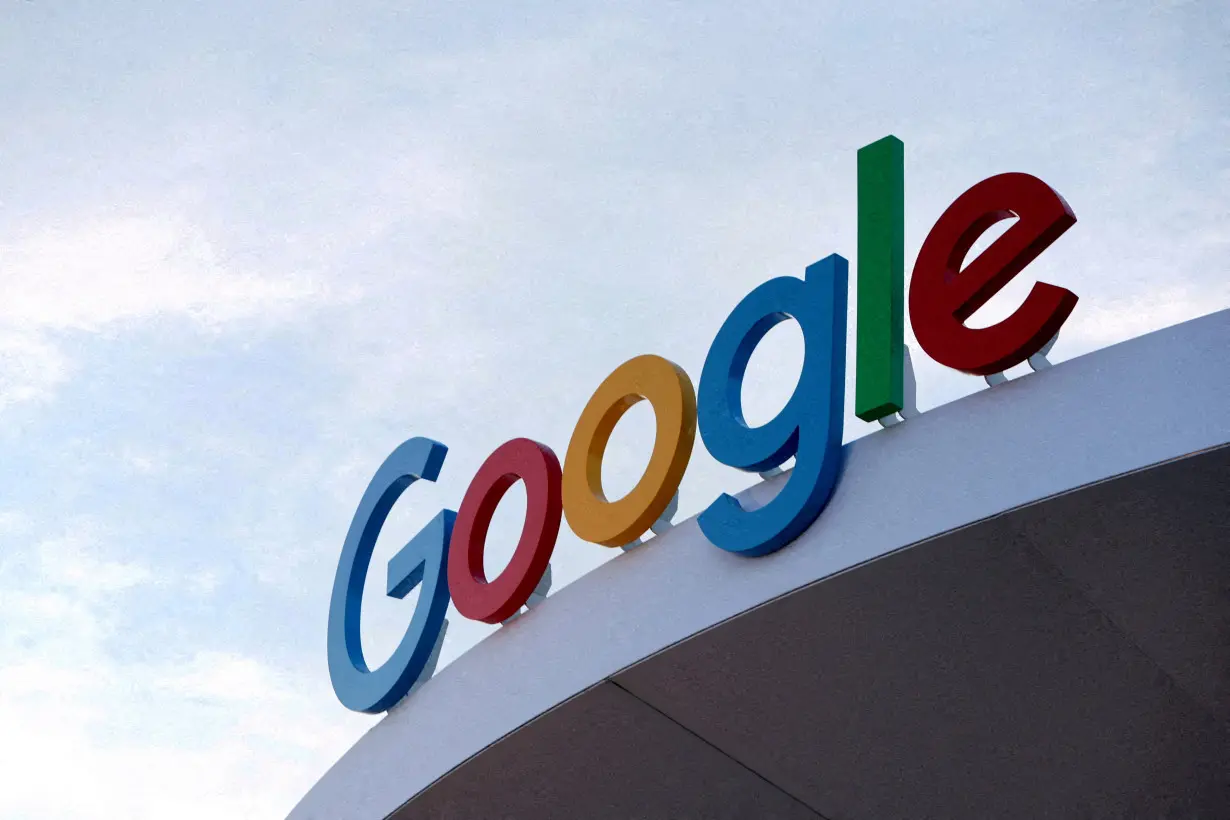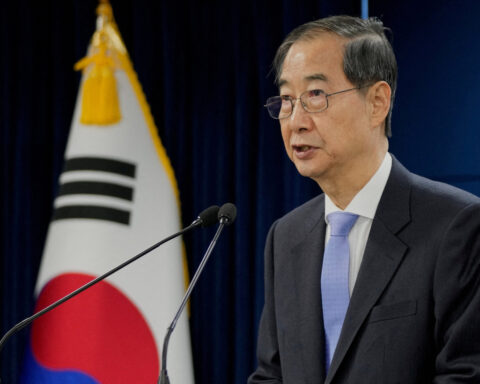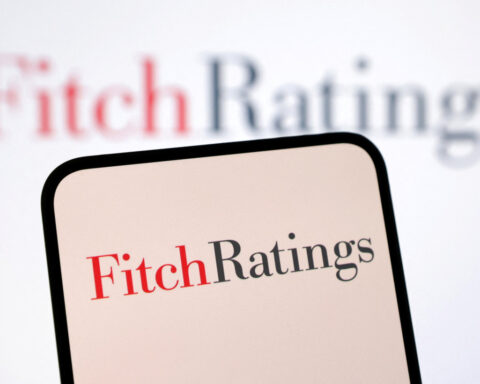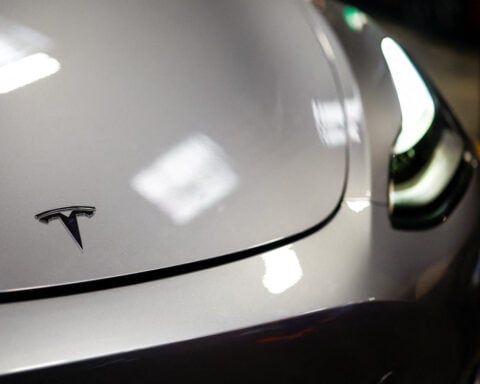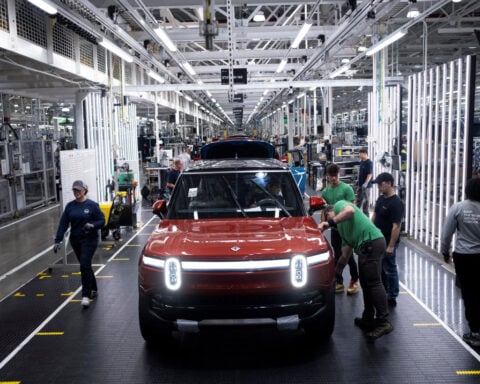(Reuters) - Google is planning to keep third-party cookies in its Chrome browser, it said on Monday, after years of pledging to phase out the tiny packets of code meant to track users on the internet.
The major reversal follows concerns from advertisers - the company's biggest source of income - saying the loss of cookies in the world's most popular browser will limit their ability to collect information for personalizing ads, making them dependent on Google's user databases.
The UK's Competition and Markets Authority had also scrutinized Google's plan over concerns it would impede competition in digital advertising.
"Instead of deprecating third-party cookies, we would introduce a new experience in Chrome that lets people make an informed choice that applies across their web browsing, and they'd be able to adjust that choice at any time," Anthony Chavez, vice president of the Google-backed Privacy Sandbox initiative, said in a blog post.
Since 2019, the Alphabet unit has been working on the Privacy Sandbox initiative aimed at enhancing online privacy while supporting digital businesses, with a key goal being the phase-out of third-party cookies.
Cookies are packets of information that allow websites and advertisers to identify individual web surfers and track their browsing habits, but they can also be used for unwanted surveillance.
In the European Union, the use of cookies is governed by the General Data Protection Regulation (GDPR), which stipulates that publishers secure explicit consent from users to store their cookies. Major browsers also give the option to delete cookies on command.
Chavez said Google was working with regulators such as the UK's CMA and Information Commissioner's Office as well as publishers and privacy groups on the new approach, while continuing to invest in the Privacy Sandbox program.
The announcement drew mixed reactions.
"Advertising stakeholders will no longer have to prepare to quit third-party cookies cold turkey," eMarketer analyst Evelyn Mitchell-Wolf said in a statement.
Lena Cohen, staff technologist at the Electronic Frontier Foundation, said cookies can lead to consumer harm, for instance predatory ads that target vulnerable groups. "Google's decision to continue allowing third-party cookies, despite other major browsers blocking them for years, is a direct consequence of their advertising-driven business model," Cohen said in a statement.
(Reporting by Yuvraj Malik and Jeffrey Dastin in San Francisco; Editing by Devika Syamnath)

 Trump has begun another trade war. Here's a timeline of how we got here
Trump has begun another trade war. Here's a timeline of how we got here
 Canada's leader laments lost friendship with US in town that sheltered stranded Americans after 9/11
Canada's leader laments lost friendship with US in town that sheltered stranded Americans after 9/11
 Chinese EV giant BYD's fourth-quarter profit leaps 73%
Chinese EV giant BYD's fourth-quarter profit leaps 73%
 You're an American in another land? Prepare to talk about the why and how of Trump 2.0
You're an American in another land? Prepare to talk about the why and how of Trump 2.0
 Chalk talk: Star power, top teams and No. 5 seeds headline the women's March Madness Sweet 16
Chalk talk: Star power, top teams and No. 5 seeds headline the women's March Madness Sweet 16
 Purdue returns to Sweet 16 with 76-62 win over McNeese in March Madness
Purdue returns to Sweet 16 with 76-62 win over McNeese in March Madness
